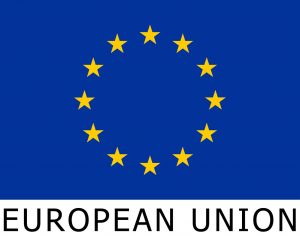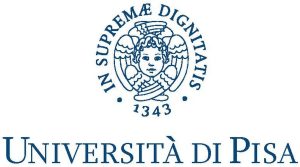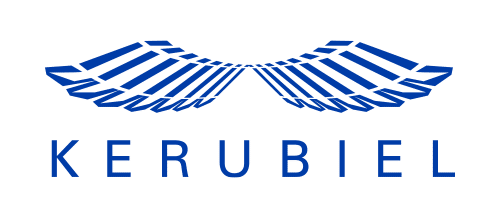This EU H2020 project involves the creation of an end-to-end integrated digital development platform to facilitate collaboration across stakeholders in the VR ecosystem, and to produce effective VR rehabilitation environments.
Virtual Reality concepts have existed for more than three decades, however the industry has only recently started to demonstrate its potential in a variety of markets. While the largest is the world of entertainment, the technology is now increasingly being used in areas such as manufacturing, training, heritage, and architecture. The healthcare sector too is beginning to make use of virtual and augmented reality for training, administering of surgical procedures, mental health, and rehabilitation practices.
The support of patient recovery is an application particularly well suited to VR, and there are a number of emerging applications that address brain injury assessment, orthopaedic rehabilitation, balance exercises and cognitive fidelity. Although these vary in configuration, most use off-the-shelf controllers with limited scope for adaptation, and concern single users interacting only with the practitioner.
The VR-HABIT platform emerging from this project will be applied and tested with rehabilitation patients with upper body motor impairment particularly of the hands, fingers, wrists and forearms. Its effectiveness will be measured against key recovery success indicators and the engagement of end users at three living labs across Europe. While this application will provide a highly challenging physical and psychological context, the principles of customisation, participation, and digital integration will be agenda-setting for the enhancement of VR experiences in other demanding areas such as sports rehabilitation, wider disability access, high-end gaming, and industrial applications.

This project has been funded by the European Commission as part of the H2020 program, under the grant agreement 856998


